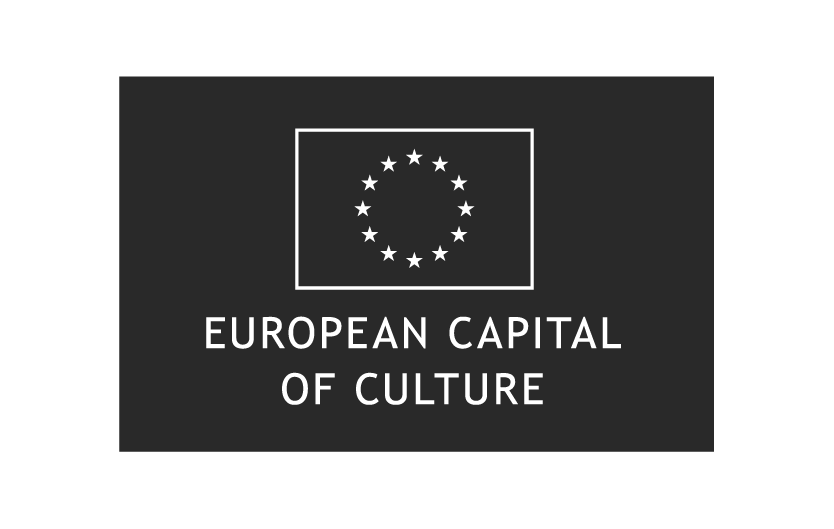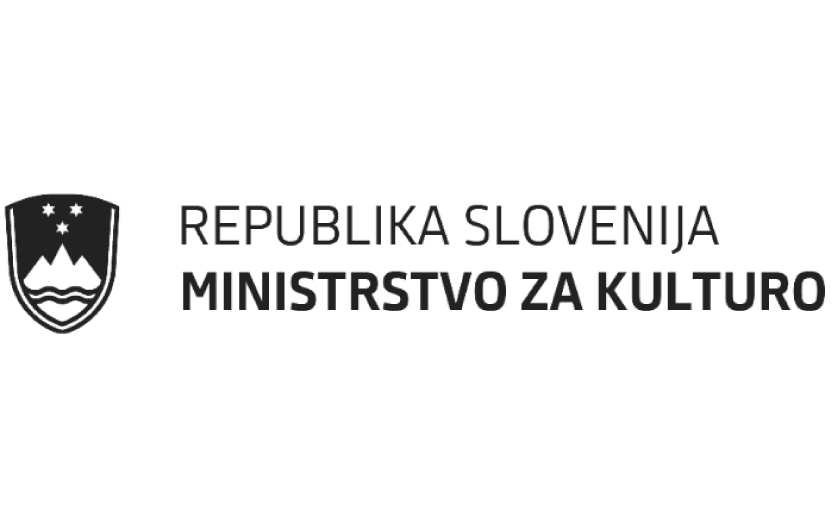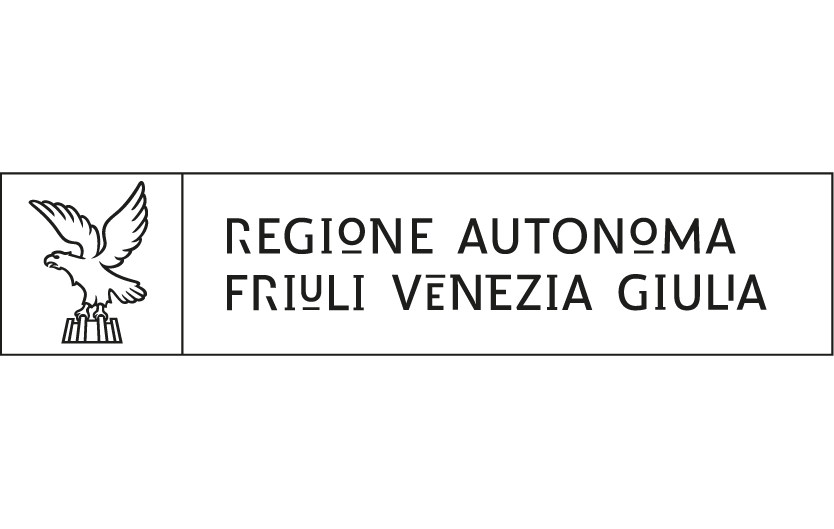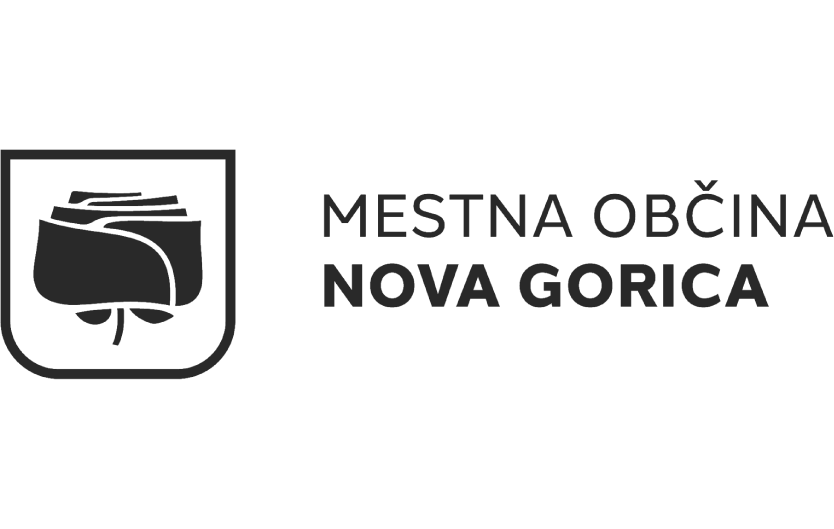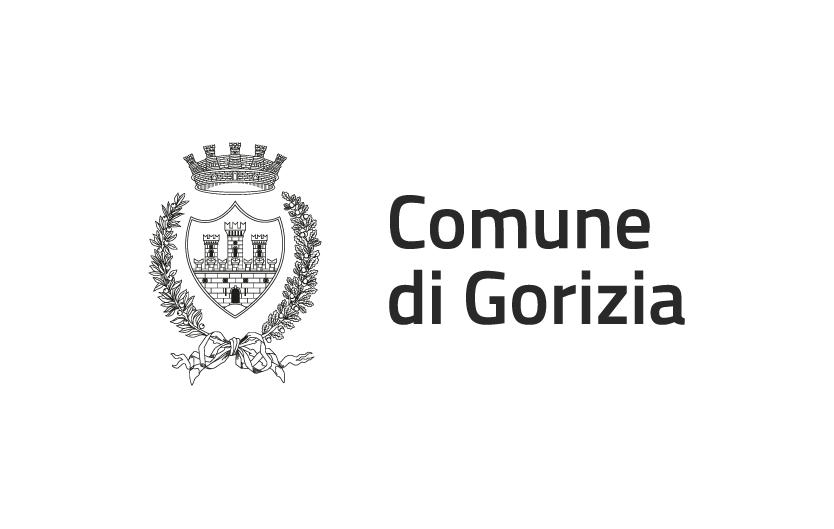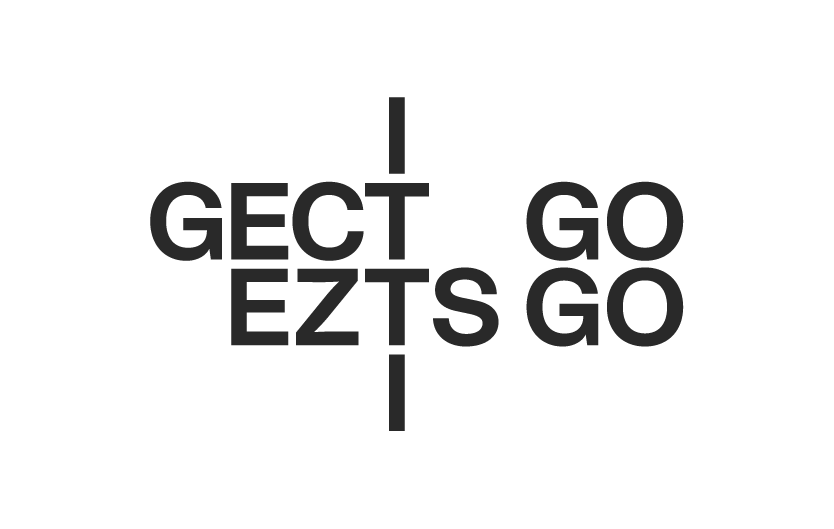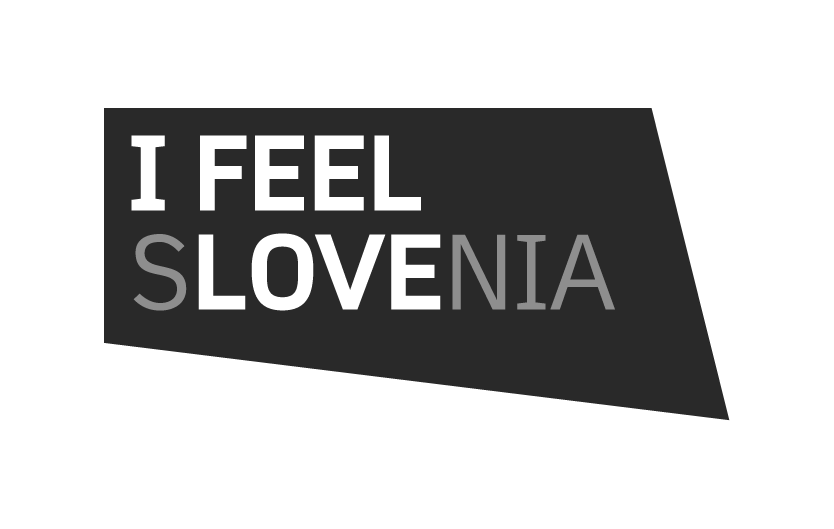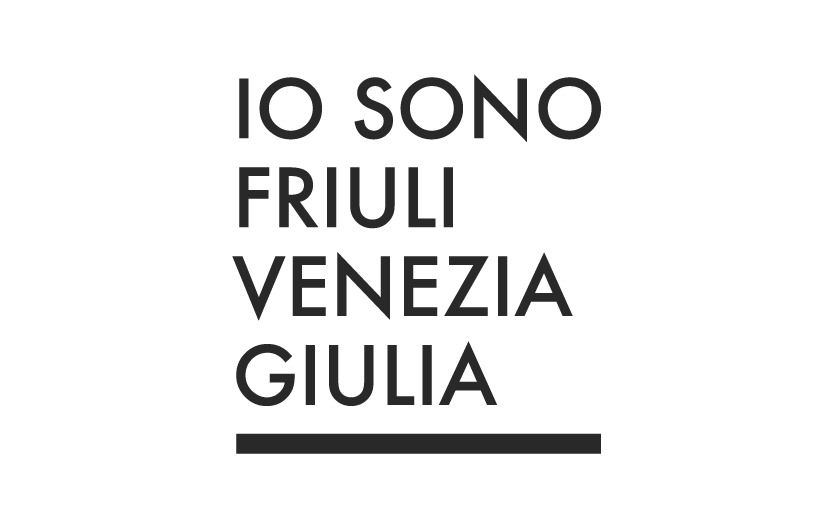01/09/2025
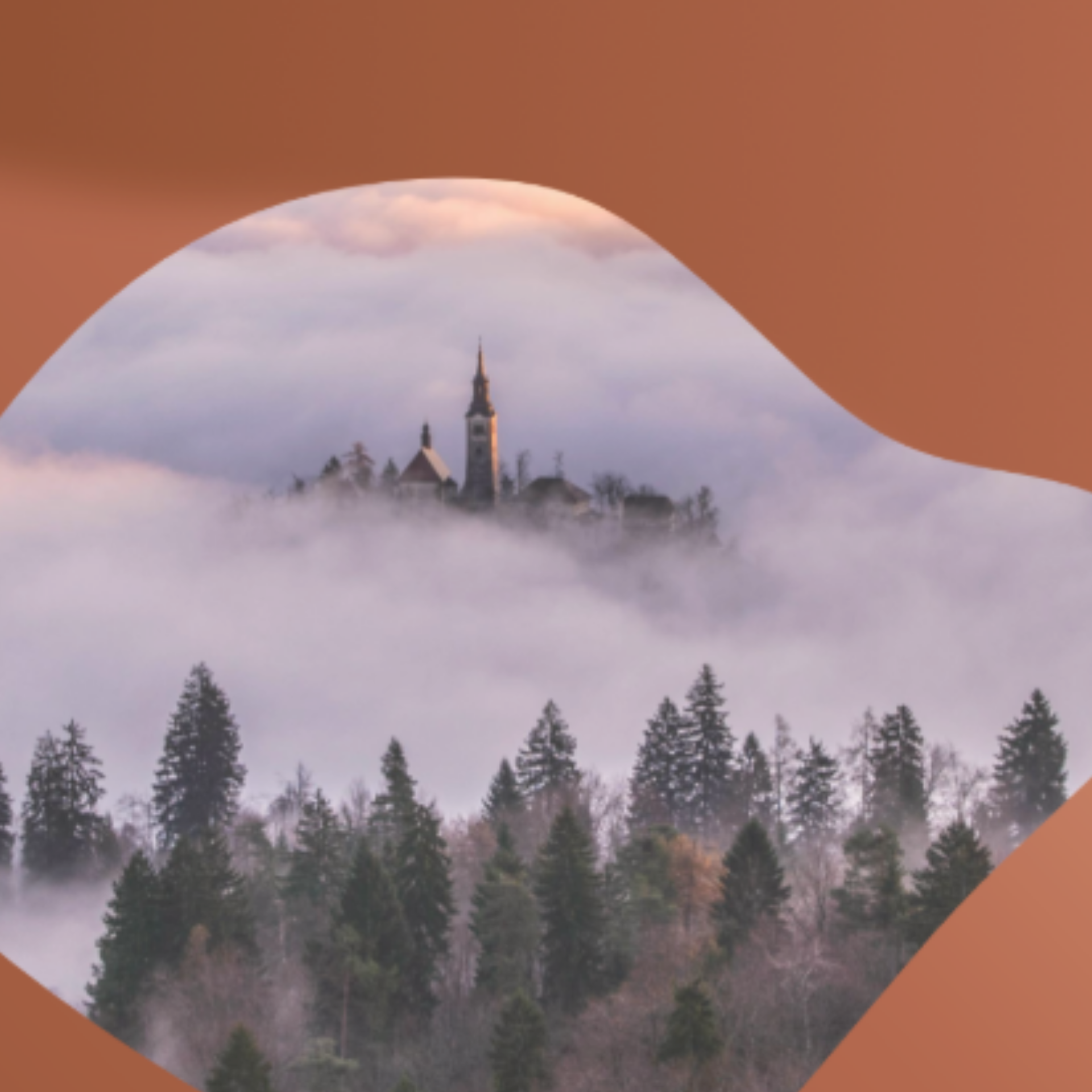
The 20th Strategic Forum is taking place in Bled with numerous distinguished guests. The panel will also be moderated by the Programme Director of GO! 2025, Dr. Stojan Pelko.
The Bled Strategic Forum is a global platform for the exchange of ideas and views on contemporary society and its future. It is committed to creating a sustainable world, offering strategic insights and solutions to the most pressing challenges of today and tomorrow.
The President of the Republic of Slovenia, Nataša Pirc Musar, and the Prime Minister, Dr. Robert Golob, will join other distinguished Slovenian and international speakers in discussions on how Europe must redefine its role in strengthening global governance and enhancing its strategic sovereignty.
In the evening, a discussion entitled Cultural Diversity – EU Identity: How Can Culture Build Resilience in a Society in Crisis? will take place, moderated by Stojan Pelko, Programme Director of the European Capital of Culture 2025 Nova Gorica - Gorizia.
You are invited to read his observations about GO! 2025:
I would not dare to present European Capital of Culture 2025 Nova Gorica - Gorizia as a symptom of current cultural trends, but would simply like to list few challenges we were confronted with – that may help us trigger the debate and answer the title question How Can Culture Build Resilience in a Society in Crisis?
So, what have we learned about the power of culture:
- We were working literary on the border of two worlds: not only two cities (Nova Gorica and Gorizia) and two countries (Slovenia and Italy), but two former regimes: East and West. Our GO! Borderless was not a utopia, but a vision – and it created tangible results. Our opera performance on the Europe Square was mise-en-scene the way the stage was on Slovene side and the audience on the Italian side. So, it is possible to cross borders!
- Second, the strongest ties were built when people were uniting their forces with very clear goals and very niche projects – not general EU-talk. So, rather an astronomic observatory, a travelling film projector or walking path from cathedral to a monastery then another team-building-retreat workshop.
- Third, the more personal, even intimate story we had, the more universal message was reached: whether it was theatre director Tomi Janežič remembering every year of his childhood with monthly episodse of his year-long Dodecalogy or film director Gregor Božič searching for the taste of old apricots in the orchard, inherited from his father – these stories created relevant messages about collective memory, sustainable future or inter-generational solidarity.
- That’s why, as a fourth lesson, we shall always fight for progressive against mainstream, for avantgarde against business-as-usual: whether it was Pasolini’s radicality against everyday fascism or Slovene avantgarde collective OHO transforming national symbol, the mountain of Triglav, into a "three-men-with-a-ladder-and-black-cloth" installation, we have learned that it is only by challenging the current norm that we have a chance for "light not to fail", if I may paraphrase prof. Krastev’s title.
- And finally, that is why we need strong historical figures as our allies – to stand on their shoulders to get out of the contemporary mud. It was so inspiring to see how few sketches brought from the concentration camp of Dachau by Zoran Mušič helped us feel the atrocities of holocaust – or how closing of asylums by Franco Basaglia changed the entire understanding of mental health.
And because of all this – intimate & universal, common & communities, progressive & historical – we were literary able:
- to show movie about the old railway from Adriatic Sea to the Alps above the greatest stone arch bridge in the world while the train was passing – thus connecting space and time in a real magic;
- but also to remove railway tracks from the degraded outskirt of two cities to create a space for university campus and an European platform for the interpretation of the 20th century – shortly, EPIC!
This is our lesson for the resilience in the time of crisis: you need to move and remove – in order to move people for progressive, emancipatory moves!
